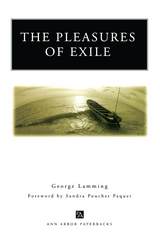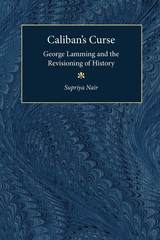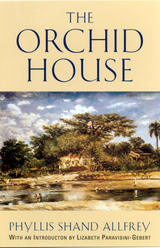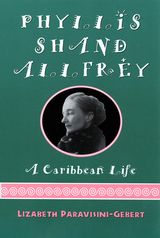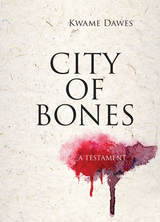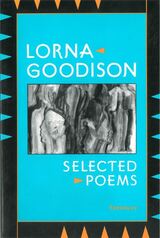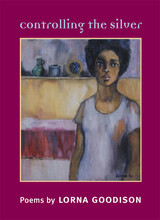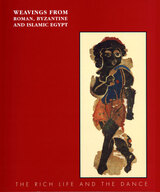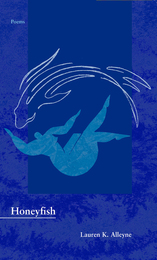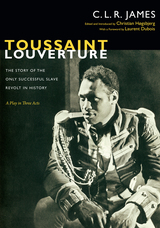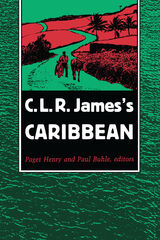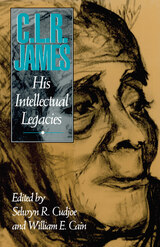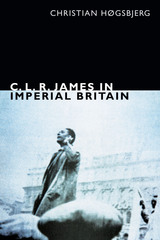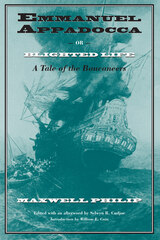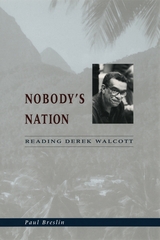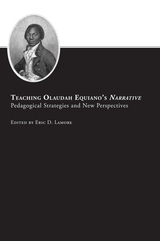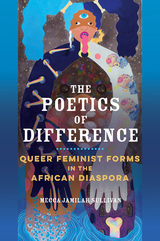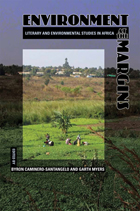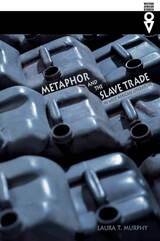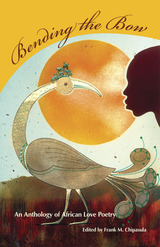C. L. R. James's Caribbean
Duke University Press, 1992
Cloth: 978-0-8223-1231-4 | Paper: 978-0-8223-1244-4 | eISBN: 978-0-8223-8238-6
Library of Congress Classification PR9272.9.J35Z63 1992
Dewey Decimal Classification 818
Cloth: 978-0-8223-1231-4 | Paper: 978-0-8223-1244-4 | eISBN: 978-0-8223-8238-6
Library of Congress Classification PR9272.9.J35Z63 1992
Dewey Decimal Classification 818
ABOUT THIS BOOK | AUTHOR BIOGRAPHY | REVIEWS | TOC | REQUEST ACCESSIBLE FILE
ABOUT THIS BOOK
For more than half a century, C. L. R. James (1901–1989)—"the Black Plato," as coined by the London Times—has been an internationally renowned revolutionary thinker, writer, and activist. Born in Trinidad, his lifelong work was devoted to understanding and transforming race and class exploitation in his native West Indies, as well as in Britain and the United States. In C. L. R. James's Caribbean, noted scholars examine the roots of both James's life and oeuvre in connection with the economic, social, and political environment of the West Indies.
Drawing upon James's observations of his own life as revealed to interviewers and close friends, this volume provides an examination of James's childhood and early years as colonial literatteur and his massive contribution to West Indian political-cultural understanding. Moving beyond previous biographical interpretations, the contributors here take up the problem of reading James's texts in light of poststructuralist criticism, the implications of his texts for Marxist discourse, and for problems of Caribbean development.
See other books on: 1901- | Caribbean Area | Historians | Homes and haunts | Revolutionaries
See other titles from Duke University Press

